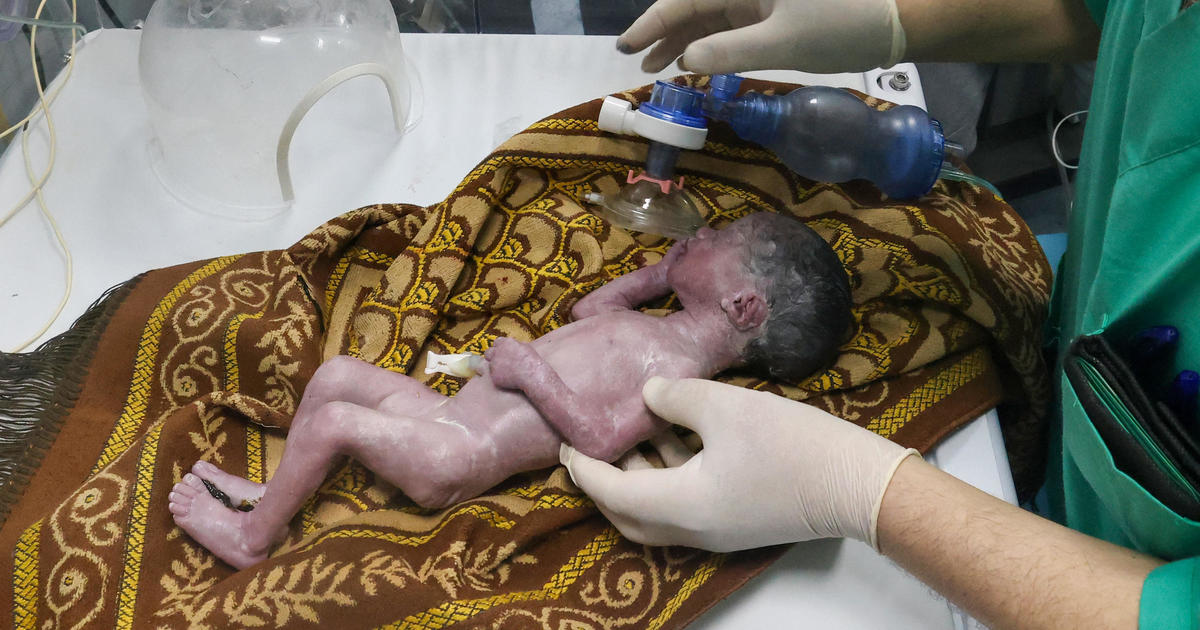Fertility treatment IVM could give cancer patients more options
A 34-year-old cancer survivor has become the first patient to give birth through a rare fertility treatment. It's giving hope to women with cancer who wish to have a baby.
Last year, days before her 23rd birthday, Roshni Kamta was diagnosed with stage 3 breast cancer. "I just couldn't believe that it was happening," she said.
In addition to the cancer shock, Kamta only had days to freeze her eggs before chemotherapy could start at Mount Sinai Health System in New York. She spent almost two weeks stimulating her eggs for retrieval.
But this week, Dr. Michael Grynberg at the Antoine Beclere University Hospital in France announced they skipped that step using a technique called in vitro maturation or IVM. In a first of its kind case, a baby was born to a mother left infertile from cancer through IVM and egg freezing.
"I think this is very exciting news, this report. Whatever we can do to make things simpler for our patients," said Dr. Halle Moore, Director of Breast Medical Oncology at Cleveland Clinic.
Dr. Rebecca Krisher, the research director at CCRM Fertility, told CBS News she thinks the paper is "groundbreaking."
"It clearly demonstrates that IVM is a viable option for women facing fertility destroying cancer therapies. It is a good alternative to the more widely known ovarian cortical tissue freezing, which is more invasive and carries the additional risk of re-introducing tissue potentially containing cancerous cells," she said in an email.
The standard technique of removing mature eggs has had a much higher success rate than IVM and it doesn't require hormone stimulation. They remove immature eggs and let them mature in a lab before freezing them. They can be implanted years later.
"That would have been awesome to do because I didn't even know if I was doing the shots right," Kamta said.
For now, the procedure is considered experimental.




